
Slow Down and Examine: An Interview with Conservation Photographer Juan Pons
Juan Pons has been a photographer for more than 20 years. Born and raised in San Juan, Puerto Rico, Juan is a fantastic nature and wildlife photographer and educator. An avid conservationist, Juan’s passion for the environment is evident through his images, many of which he donates to non-profit organizations focused on nature conservation. He leads workshops in Yellowstone, Bosque Del Apache, and many other locations around the world. We asked Juan to take a bit of time from his busy schedule and answer a few questions for us.
How did you get started in photography?
Pons: I was very fortunate that the high school I attended had an excellent photography teacher and program. Ms. Solorow was incredibly inspirational and taught us not just the basics and mechanics of photography, but that we should always be experimenting and stepping out of our comfort zones photographically.
How has photography changed the way you see the world around you?
Pons: The primary reason I decided to concentrate on wildlife and nature photography is because it allows me to slow down and examine wildlife and nature much more intimately than I would have otherwise. I am a firm believer that you must know your subject well in order to capture their essence photographically and since i have always been very drawn to wildlife and nature, photography gave me the perfect opportunity to explore those subjects much more carefully.
What is your favorite subject and why?
Pons: It’s probably obvious by now but my favorite subject is wildlife, and although I do have my favorite species I like photographing anything that moves, from large mammals like Bison in Yellowstone National Park to insects in a local park or botanical garden. As to why, I would have to say that I never cease to be amazed by natures handiwork, wether its the beauty of a delicate flower, or the cunning of a red fox.
Is there a market that you want to break into or simply just try?
Pons: I have been very deliberate in what I like to do with my photography so I feel like I am doing what I like to do best. However I have been wanting to try outdoor action sports photography. My problem right now is finding the time.
What client/project are you most looking forward to shooting next year?
Pons: I have recently moved to Maine, and although I am very familiar with Acadia National Park and the island it’s located in, there are incredible wildlife opportunities in the interior of the state. So I am very much looking forward to exploring and getting to know some of these areas with the goal of putting in place a number of wildlife photography workshops closer to home.
What do you derive inspiration from?
Pons: This one is easy, most of my inspiration come from nature itself, however I very much enjoy looking at other photographer’s work, certainly the work of other professional photographers, but I specially enjoy seeing the work of amateur photographers. The reason is that amateurs work is almost completely driven by their passion and oftentimes you can see this in their work. In addition, the work of amateur photographers can sometimes be equated to seeing thru a child’s eye, meaning that they will have a different and new perspective than those of us with more experience and I find that very refreshing.
Where do you go for inspiration when you reach a creative plateau?
Pons: Outdoors, I do not necessarily have to visit a National Park like Acadia, although that is nice, but sometimes inspiration can be gleaned from some of the simplest scenes and subjects. I find that trying to capture a different perspective on ordinary and everyday subjects can get my juices flowing.
What’s your favorite piece of gear? Why?
Pons: It would definitely have to be my tripod. I often say that I feel naked when I go out shooting without a good tripod. I find that the tripod slows me down and makes me more deliberate in my photography.
Where do you see the future of photography technology taking us? How will the next generation take photos?
Pons: The sky is truly the limit, I believe we are living in the golden age of photography. At no other time have we enjoyed the choices we have in photography, and not just in terms of gear, but also in terms on how we share our work with the world.
What do you do when you’re not shooting?
Pons: Most people think that being a professional photographer means you are out shooting all the time, and while that may be true for some, for most of us photography is a business and as with any business there is a lot of other work you need to do to be successful. Things like logistics, accounting, marketing, interfacing with clients, selling, etc.
However beside my photography business I very much enjoy Kayaking, Downhill skiing, biking, hiking and camping. But most of all I enjoy spending time with my 7 year old son.
What is the biggest challenge you face currently in your photography that you are trying to overcome, and what are you doing to overcome it?
Pons: For me it’s always marketing and selling of myself. This is my least favorite part of my photography business, but without it I know I would not have a photography business so I do it. Eventually I will want to hire someone to help tackle my marketing much more effectively.
What’s the best piece of advice you can give someone just entering the photography business?
Pons: I get this question all the time, and the best thing I can tell someone wanting to get into this business is to think long and hard about what photography means to them. Most amateur photographers do it for the passion, the release that photography gives them as well as a way to relax and put aside, at least for some time, the stresses of their regular life and daytime job. There is a real danger of taking something that you do to feel better and relax and make it your primary source of income and apply to it all the stresses of having to make a living at it. As I said above, being a professional photographer does not mean you are taking pictures all day every day, the vast majority of the time will be spent taking care of the business side of photography.
If after reflecting on this you determine that you still want to be become a professional, then go for it! Work hard at it, be tenacious, be determined to succeed. I believe that there is still a lot of opportunities out there, you just have to be creative and resourceful and most important remember that this is a very rapidly changing field, so you need to be flexible and always be learning. Best of luck!








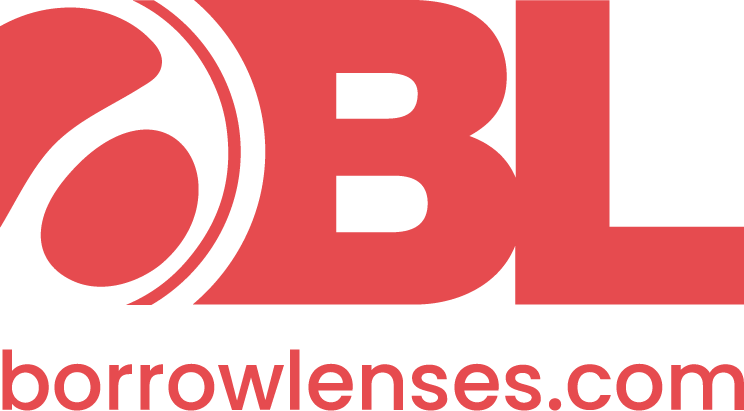
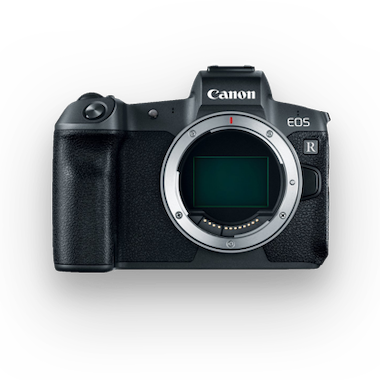
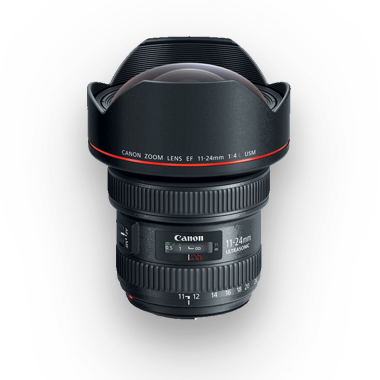
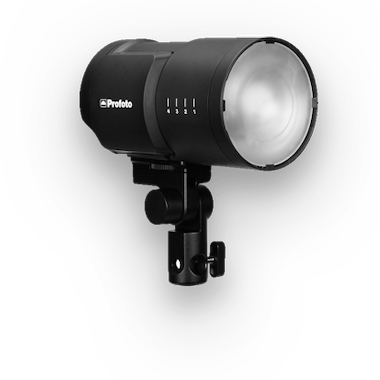
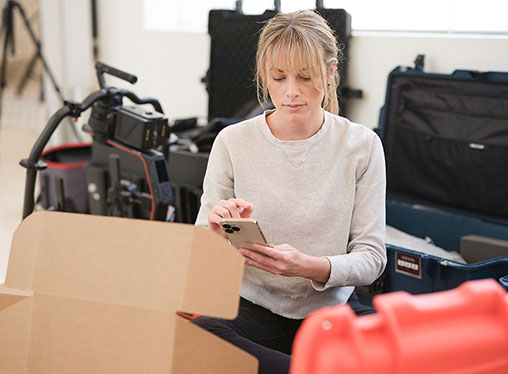
Post a comment